In December 2020, the Securities and Exchange Commission brought a lawsuit against Ripple, claiming that the company had raised $1.3 billion in unregistered digital-asset securities. The CEO of Ripple, Brad Garlinghouse, along with its executive chairman, Chris Larsen, were personally accused of not registering the sale of XRP to retail investors. Following this event, major cryptocurrency exchanges delisted the token from their US platforms. This brought up questions about the future regulation of the cryptocurrency, which resulted in various problems for the corporation. In this Ripple review, we will take a closer look at the current legal proceedings against the company and evaluate the potential outcomes of a settlement between the two sides.
The lawsuit against Ripple
The complaint filed by the SEC states that XRP is not a currency, but a security, and as such, should be subject to the securities laws of the US. According to the director of the commission’s enforcement division, Stephanie Avakian, the failure to register Ripple’s ongoing offer deprived potential purchasers of getting access to “long-standing protections”, fundamental to the American market system. The announcement of the lawsuit brought serious ramifications including a massive drop in the price of XRP (from $0.75 in November 2020 to $0.30 in December 2020). And while in the cryptocurrency boom in April, the price of the token nearly reached the two-dollar mark, the partners of the company are still worried about the potential legal consequences of the complaint.
At this point, negotiating a settlement might be inevitable, with a lot of high-profile XRP holders putting pressure on the company. A deal between the two parties might seem like a favorable option, as both the SEC and Ripple have been inconsistent in proving their case before the court.
Speculations that the commission is stalling the lawsuit in order to force better conditions for a potential settlement started on June 14, when the agency promised to deliver substantial internal documents before July 2. Two weeks later, on July 15, Ripple’s lawyers reported to the Judge that the documents never arrived. In response to that, he told the counsel to file a brief at the next hearing, which, supposedly, Ripple never did.
Is a settlement deal already in progress?
According to official information, there are currently 23 lawyers, which represent Ripple in its defense at the lawsuit. Their failure to file the brief indicates that there is something going on behind the scenes (talks of a potential deal between the parties might have already begun).
Stuart Alderoty, Ripple’s top lawyer, has stated that one of their main defences against the complaint is that the SEC has “failed to give fair notice to market participants”, concerning the question of whether XRP is considered a ‘security’ or an ‘investment contract’. He further accuses former SEC director, William Hinman, of creating confusion in the market by not addressing the issue on time. With some experts predicting that the final decision on the matter could take place no earlier than 2022, the defence is eager to dismiss the case in order to prevent further damages to Ripple’s business.

Will Ripple follow the lead of Bitfinex and Tether?
The Ripple lawsuit has brought up various questions about the legal boundaries of operating a blockchain-based business. And while creating a comprehensive regulatory framework for the industry is a main priority for both investors and government officials, this process could take up more time than expected.
Earlier this year, the New York Attorney General’s office (NYAG) concluded their case against Bitfinex and Tether with a settlement, after an inquiry, which lasted 22 months. The lawsuit was brought forward with the accusation that Tether has supposedly assisted Bitfinex in an alleged cover-up of an $850 million loss in customer and corporate funds. Ultimately, the firms agreed to pay $18.5 million to the SEC, without having to admit any wrongdoings. An important condition for the settlement was that Bitfinex and Tether would provide quarterly reports of Tether’s reserves for a period of two years. This way, the NYAG would have the ability to sufficiently observe and prevent any fraudulent activity in the future.
This settlement was another important step to finding the right conditions for cryptocurrency regulation. By requiring blockchain-based businesses to be more transparent about their activity, the government could provide a detailed arrangement, which can define the boundaries of operation more clearly.
The lawsuit against Ripple will likely take less time to be concluded, as currently both the company and the SEC are being closely observed and are under a lot of pressure from the public. After filing the complaint, MoneyGram, a financial transfer company, has withdrawn from its collaboration with Ripple. A potential settlement between the two sides will allow Ripple to strengthen its current partnerships and prevent further damage to the business.
According to Stuart Alderoty, rational regulation for the cryptocurrency market will require major government lawmaking institutions to gather and form a cross-functional working group. Ripple’s top lawyer has stated that the company is ‘not asking to be free of regulation’, but rather comply with an understandable framework, which does not prevent innovation.

How will a potential settlement look like?
A settlement between the SEC and Ripple will likely cover the aspects of penalizing the company for some of its supposedly ‘non-compliant’ actions before the case was opened, include new policy clarifications, limit the sales of XRP to some companies and clients, and solidify XRP as a security offering, protecting it from future allegations. This will probably result in re-listing the token in major cryptocurrency exchanges and help reinstate normal business relations with the company’s partners and customers. On the other hand, Ripple might have to change its practices when it comes to conducting client offers, not affecting the funds that have already been disgorged to purchasers.
What the future may hold for Ripple
The prospects of a deal could be considered favorable to both Ripple and the cryptocurrency market as a whole. It could speed up the process of creating a clear regulatory framework while providing other corporations with the opportunity to adjust their policies and operations to the requirements of the officials. Bringing certainty into the crypto industry in the United States could further support technological innovation and provide the foundation for the future growth of the sector.
Nothing on this website should be perceived as financial, investment or trading advice. We urge you to do your own research prior to investing and we highly recommend that you consult a certified financial advisor.
Tell us what topic you’d like
Us to cover!
Our objective is to make the world of crypto more comprehensive to everyone out there

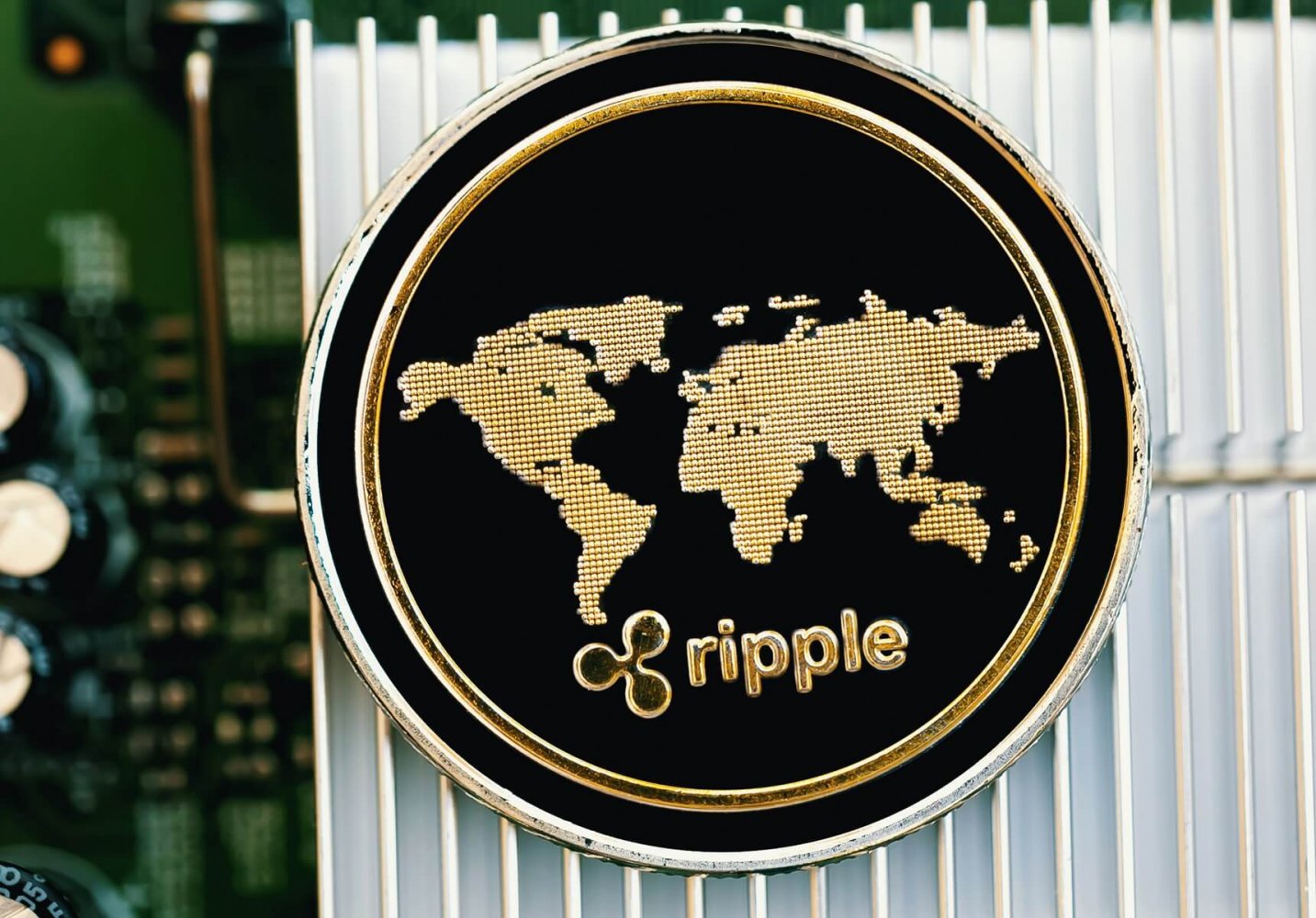
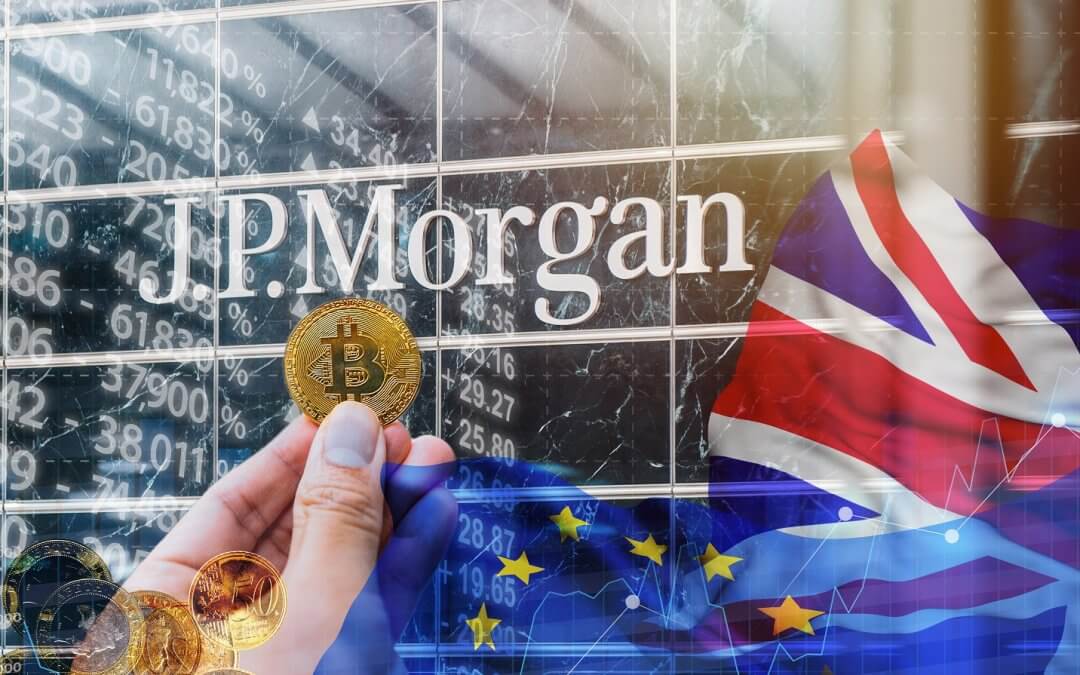
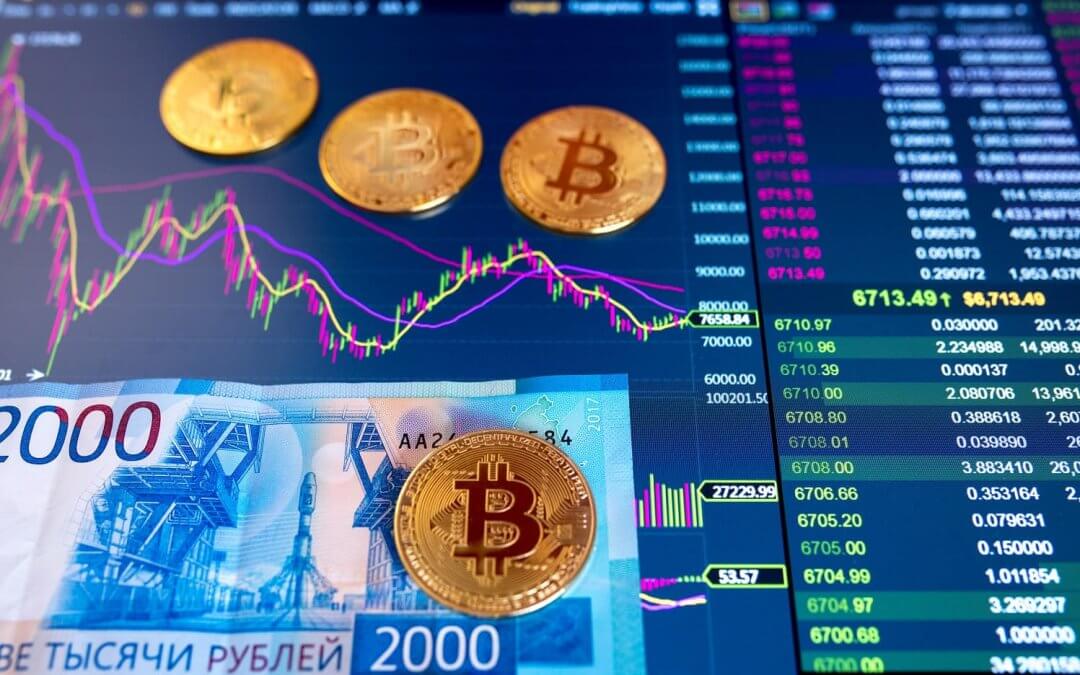
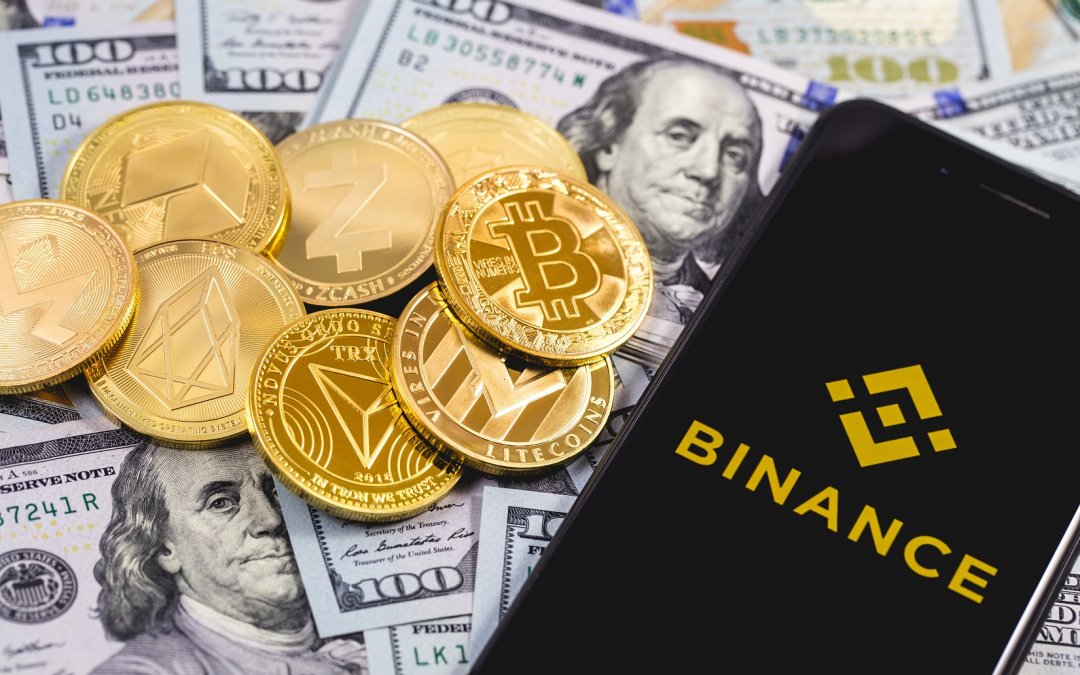
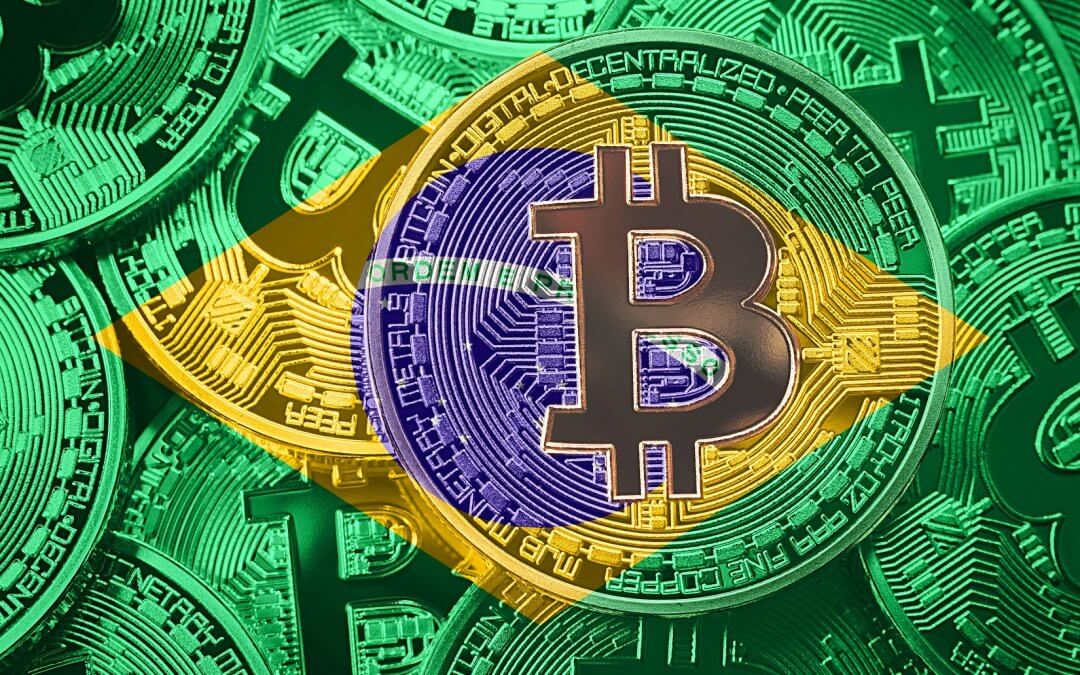

0 Comments